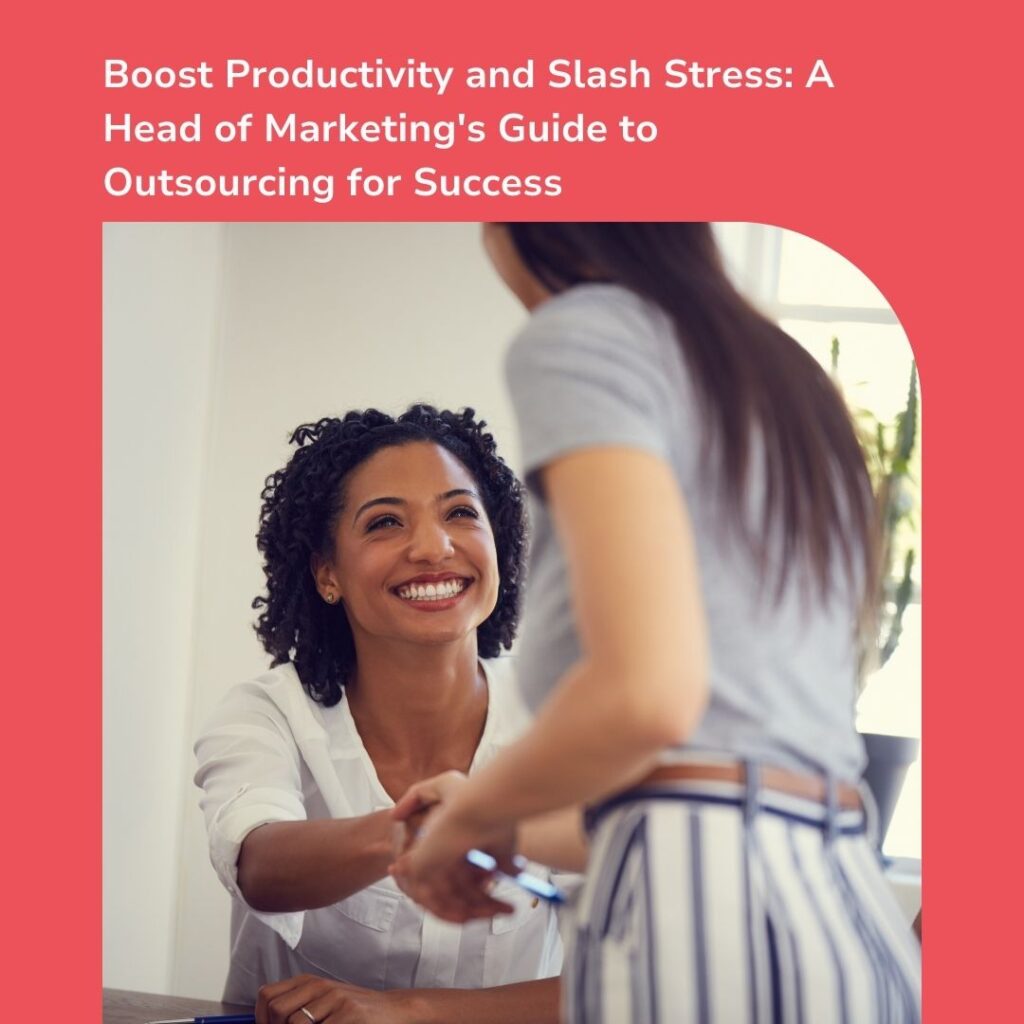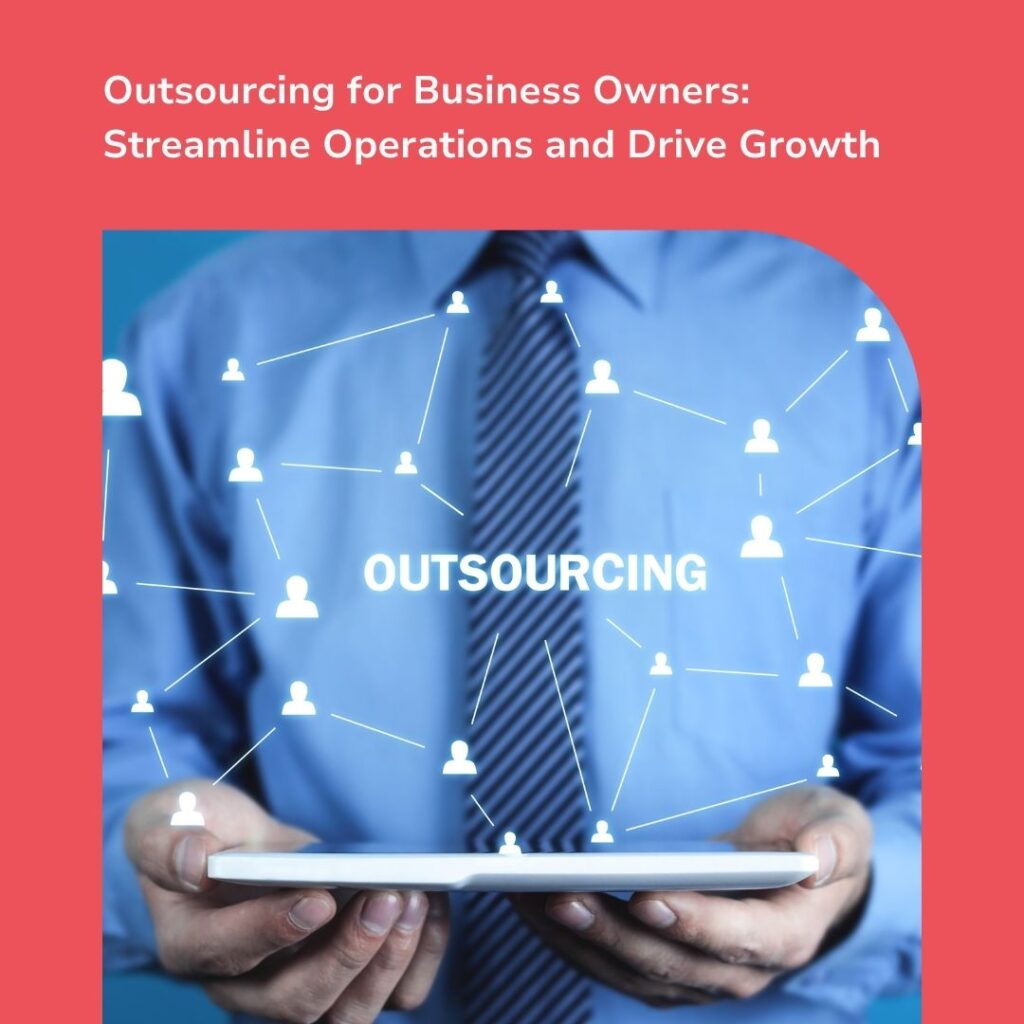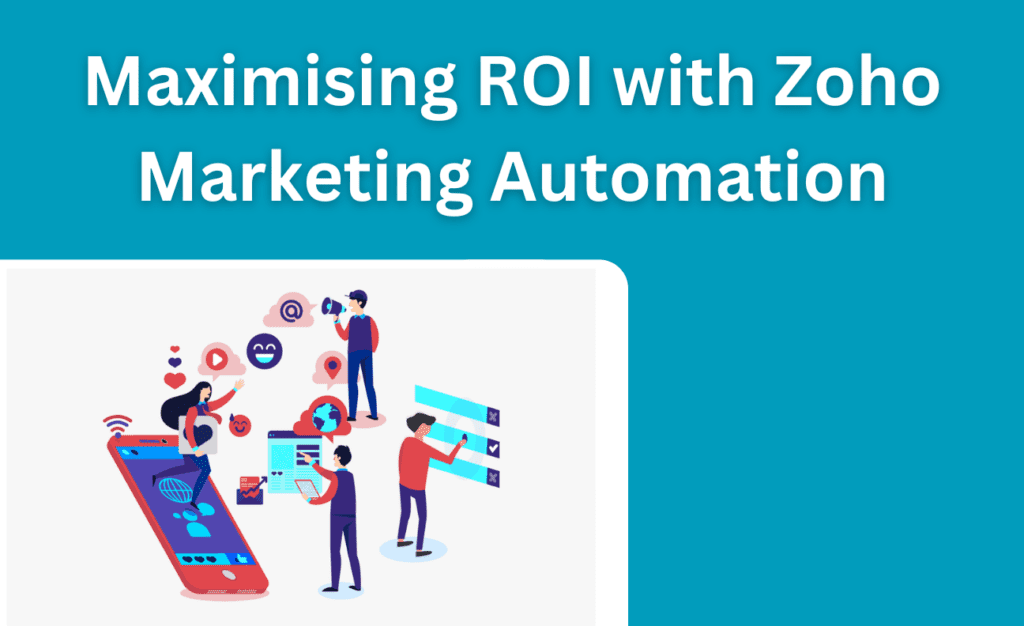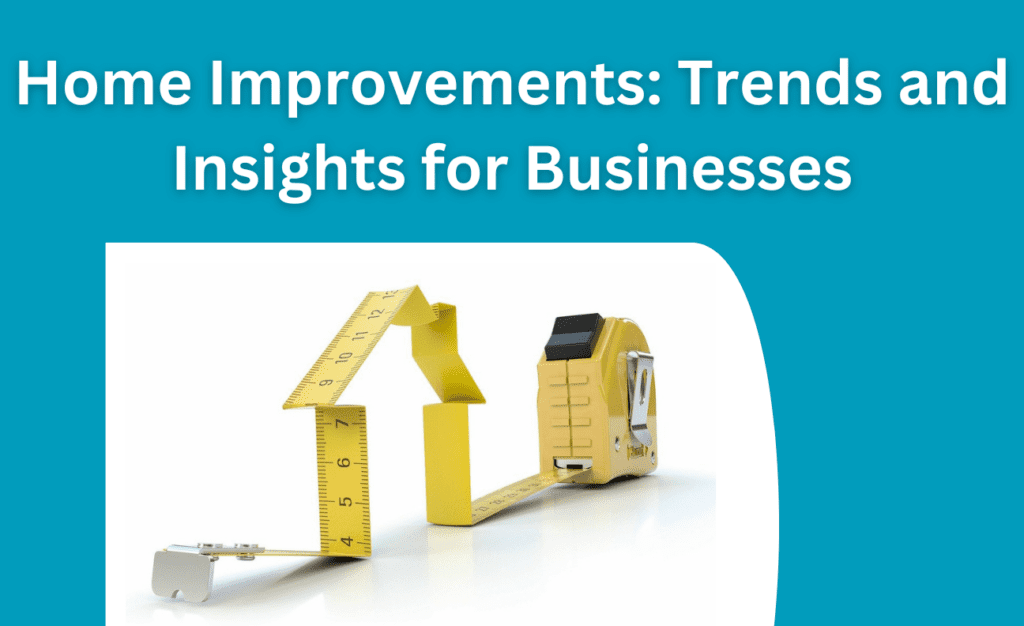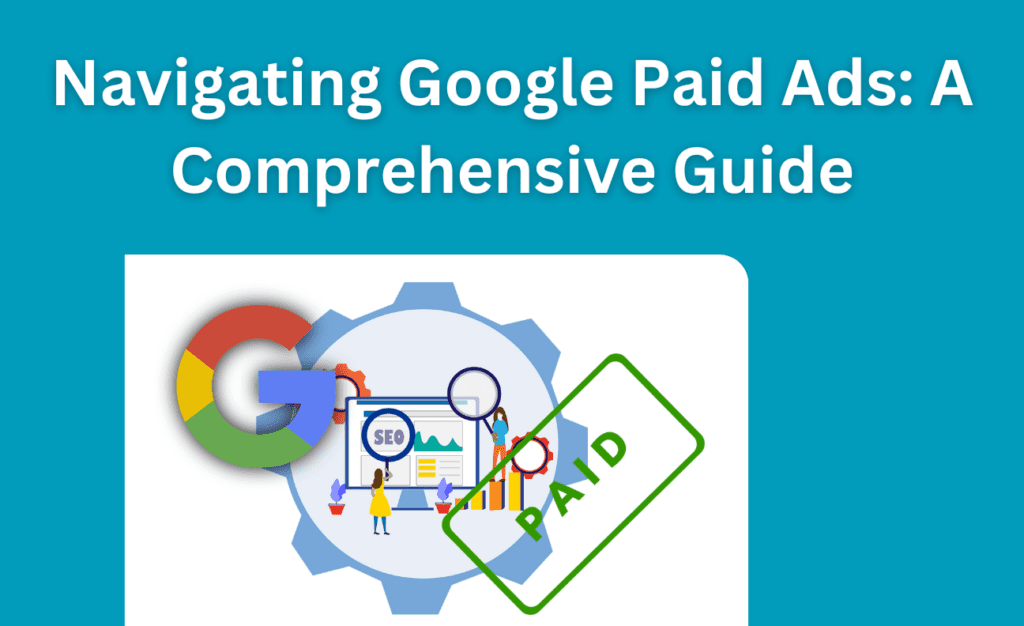[vc_row][vc_column][vc_column_text]
Tags – Embedded Markets
Humans have a tendency to think that they can rationalise their decision making completely.
It is true that we try to make the right decisions. And, in order to make these right decisions, we try to consider all externalities within our limits.
But, we keep forgetting that humans are semi-rational. And, exploring this semi-rationality of humans is one of my favourite things to play with.
(We have talked about the semi-rationality of humans and its impact on business at least twice before. This has been in the context of thinking outside the box and targeting experiences. Follow the links to learn further about the topic).
For an ex-fan of logic – mainly because of Spock – my diversion to not overusing the term logic has been over a long period. And, this has been one of the factors in our business success beyond digital marketing – understanding our human limits.
We tend to forget that we can be the biggest followers of logic and linearity of decision making. But, we cannot make others think the same way. And, the semi-rationals humans that surround us have a direct impact on our lives as a result.
In Economic Sociology, this phenomenon that tries to quantify this is called embeddedness. And, the markets that form as a result of embeddedness are called embedded markets.
Embeddedness and Embedded Markets
Put simply, embeddedness is the extent to which economic activity of an organisation is constrained by non-related entities.
The concept, in itself, is so simple, yet ignored in decision making.
At some level, we need to accept the embedded nature of markets and keep it in mind. And, that is the whole goal of this blog.
Awareness of Embeddedness for Business Decision-Making
I am not writing this blog to tell you to analyse every angle before making a decision. That is simply “illogical”. If you end up taking this path, you will not be able to get anything done. There is a fine line in being cautious and over cautious.
The goal here is establish an acceptance, understanding your limits, and still doing things. You can extend this understanding to other concepts, e.g. confidence. (And even life – if you want to be philosophical about it).
Confidence is not knowing that you know everything. Confidence is accepting that you don’t know it all and still be ok with it.
This allows you to separate efforts from unexpected results – learning to move on – and simply doing your best. All we can do is try to minimise the impact of externalities.
And, if you need help in doing so, from a marketing and strategic perspective, get in touch today.[/vc_column_text][/vc_column][/vc_row]



